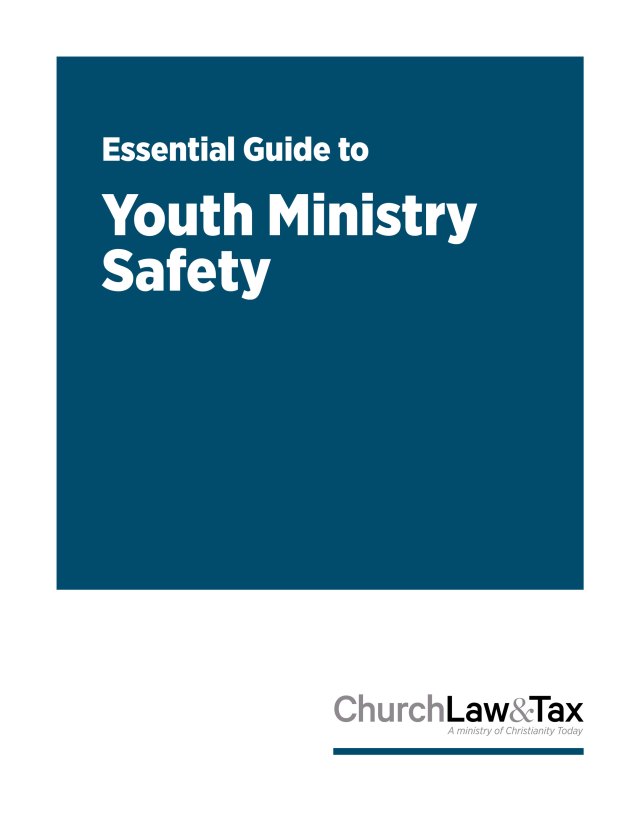• Key point 4-11.02. Clergy who are sued for sexual misconduct may be able to assert one or more defenses.
* A California court ruled that a pastor and church could not be liable for injuries allegedly suffered by a woman as a result of a consensual sexual relationship she had with the pastor. The relationship between the parties began when the pastor was counseling the woman (Jackie). After the relationship ended, Jackie sued the pastor and her church. A trial court dismissed Jackie’s lawsuit, noting that her case was “essentially a complaint alleging liability where two consenting adults freely and mutually consent to some sexual foreplay and various discussions of sexual activity, notwithstanding they are both married to other persons. Morally reprehensible as the pastor’s advances were under the subterfuge of marital counseling (if, indeed, they occurred), his status as a pastor/counselor does not, under the law, bestow upon him any duty beyond that of the ordinary lay person. Where consensual sexual activity is undertaken between lay persons under the circumstances alleged by this plaintiff, no cause of action arises.” Jackie appealed, arguing that the pastor and church should not be “immunized” from liability as a result of the pastor’s status as a clergyman, because he held himself out as a marriage counselor and, in that capacity he owed Jackie a duty not to engage in sexual relations with her. She also asserted that “marriage counseling by its very nature is secular, not religious.”
The appeals court disagreed, and affirmed the trial court’s dismissal of the case. It acknowledged that Jackie’s husband first sought marital counseling from the pastor for himself and, in the course of that counseling, revealed that there were sexual problems in his marriage. The pastor then purportedly used that information to interfere with the marriage while continuing to provide both spouses with marital counseling. Under these facts, “one could argue that an independent duty of care existed on the part of the pastor to refrain from engaging in behavior harmful to the couple’s marriage.” It noted that some courts had reached this conclusion in the context of licensed professionals (such as psychiatrists and psychologists) who are prohibited by statute from engaging in sexual contact with their clients, but concluded that those cases were not applicable to pastors.
The court rejected Jackie’s claim that the pastor and church should be found liable because the pastor held himself out as a secular marriage counselor. In rejecting this argument, the court noted that “at most, the couple showed that the pastor provided counseling to them as church members that was based on his status as a clergyman and that he also provided counseling to nonmembers who wanted to be married by him. Such counseling was part of his church ministry …. Here, there is no evidence the pastor did or said anything that would subject him to professional counseling standards. Consequently, he did not owe the couple the same independent duty of care required of licensed professionals.”
The court also rejected Jackie’s contention that the sexual relationship between herself and the pastor was not consensual. It observed, “Evidence she resisted the pastor’s advances or, at times, told him to stop, was accompanied by her statements that she was afraid they would be caught, not that she found his advances offensive or unwelcome.”
Application. This case illustrates the increased exposure to liability that ministers face when they hold themselves out to the public as marriage counselors, or engage in “secular” counseling. As the court pointed out, some courts have concluded that pastors (and their employing church) may be liable for engaging in sexual relations with church members even when not holding themselves out as marriage counselors or engaging in secular counseling. And, other courts have interpreted the concept of “consent” more narrowly. Household of Faith Family Church, Inc. v. Barela, (Cal. App. 2002).
© Copyright 2003 by Church Law & Tax Report. All rights reserved. This publication is designed to provide accurate and authoritative information in regard to the subject matter covered. It is provided with the understanding that the publisher is not engaged in rendering legal, accounting, or other professional service. If legal advice or other expert assistance is required, the services of a competent professional person should be sought. Church Law & Tax Report, PO Box 1098, Matthews, NC 28106. Reference Code: m67 c0303




